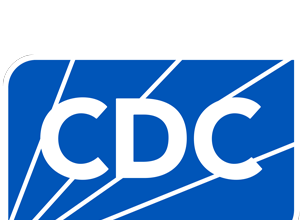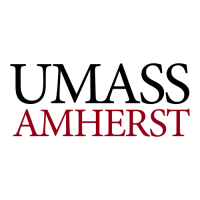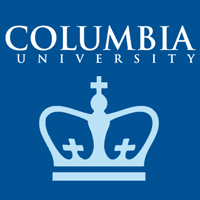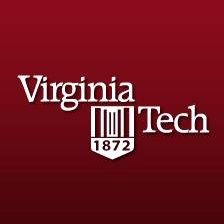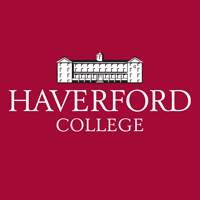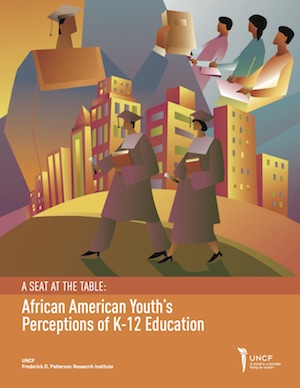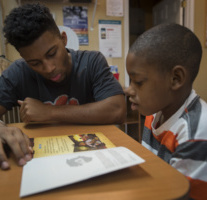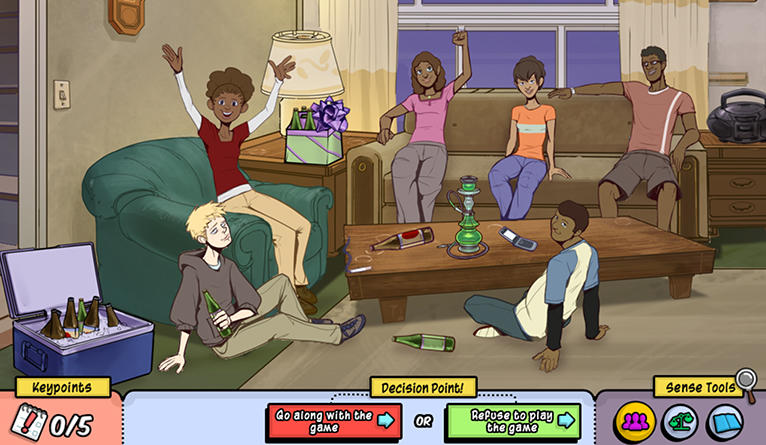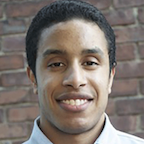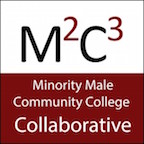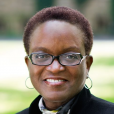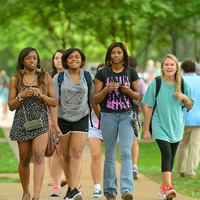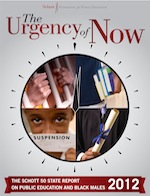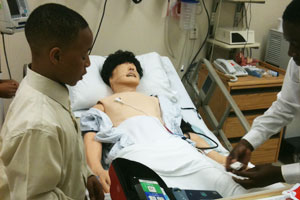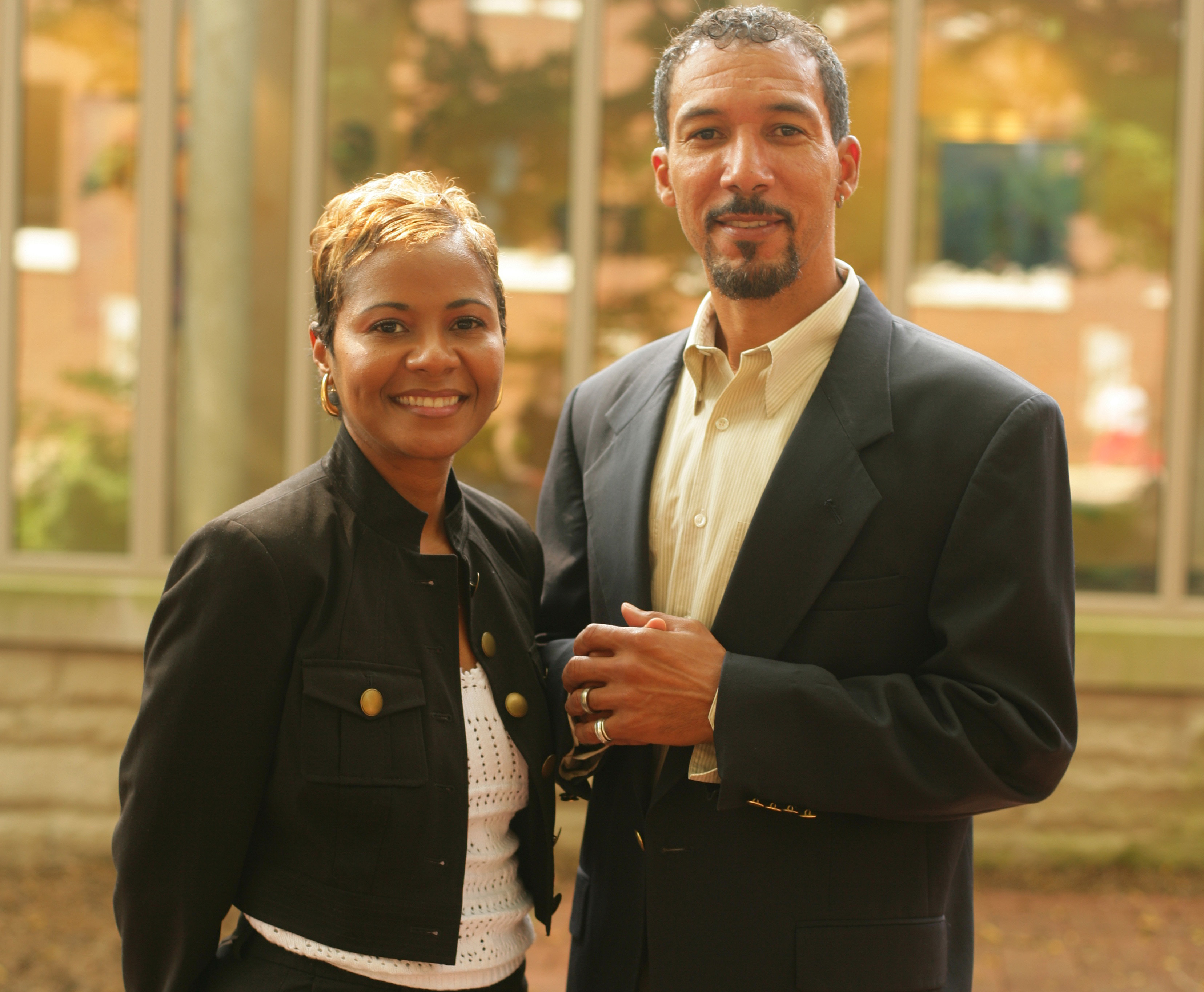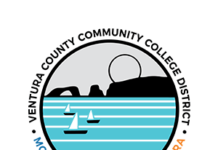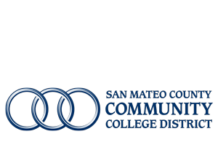Virginia Tech Launches New Initiative to Bring a More Diverse Group of Students to...
Virginia Tech has launched a new initiative, the Calhoun Discovery Program, that works with Virginia communities that typically graduate a lower number of college-bound high school students.
Haverford College Students Serve as Mentors to Young Boys of Color in the Local...
The educational initiative SURGE (Sons Uniting, Realizing Goals of Excellence) pairs up young African American boys in the surrounding community with men of color at Haverford College.
Survey Examines the Educational Aspirations of Black Students From Low-Income Families
The United Negro College Fund survey found that 89 percent of respondents strongly agreed with the statement that education beyond high school was important for African American youth from low-income families.
Clemson University Students Encouraging Reading at Black Barbershops
The Call Me MISTER (Mentors Instructing Students Toward Effective Role Models) program at Clemson University in South Carolina is now sending students to local barbershops each week to inform children — and their parents — on the importance of reading early and often.
A Video Game Intervention Can Improve Sexual Health Knowledge Among Black Youth
A video game developed by researchers at Yale University has proven to be an effective tool to improve health knowledge and reduce risky sexual behavior among Blacks and teenagers from other racial and ethnic groups.
University of Houston Launches New Institute to Combat Racial Health Disparities
The University of Houston has announced the establishment of a new research institute entitled Helping Everyone Achieve a Life-Time of Health (HEALTH). The mission of the new institute is to lessen health disparities for marginalized or underserved populations.
Nonprofit Starting Text-Message Counseling Service for College Students of Color
Stephen C. Rose, a graduate of Harvard University, committed suicide at the age of 29. Now his family and friends have established a nonprofit organization for programs to provide mental health services for college students of color. The latest effort is a new text-messaging counseling service, scheduled to debut this coming winter.
Smith College Student Launches Book Series for African Children
Priscilla Takondwa Semphere, a native of Malawi, is a sophomore at Smith College in Northampton, Massachusetts. She won a contest that has provided her seed money to launch the Ekari series of books which she hopes will give African children a more positive view of themselves.
RISE (Research, Integration, Strategy and Evaluation) for Boys and Men of Color
A new organization has been established aimed at increasing the life chances of boys and men of color in four key areas: education, health, criminal justice, and economic opportunity.
Minority Male Community College Collaborative to Expand Nationwide
Since 2011, The Minority Male Community College Collaborative (M2C3) has partnered with over 45 community colleges in eight states. Now the organization plans to expand the effort to community colleges throughout the nation.
Miami Heat’s Dwayne Wade Funds Literacy Program at Marquette University
Dwayne Wade, who played his college basketball at Marquette, has pledged to donate $195,000 over three years through his Wade's World Foundation to support a program to reduce the racial literacy gap among inner-city children.
Princeton University Aims to Make the Campus More Welcoming to Low-Income Students
A working group on undergraduate socioeconomic diversity has issued a broad set of recommendations designed to improve academic achievement and create a more inclusive and supportive campus climate for the benefit of all undergraduates.
Ole Miss to Open the Center for Inclusion and Cross-Cultural Engagement
When the Center for Inclusion and Cross-Cultural Engagement opens on campus this fall, it will provide programs and services that encourage cross-cultural interactions while serving as a "safe space" that is welcoming and nurturing to all students.
Educating the African American Male for the 21st Century
It is crucial that all educational stakeholders and policy makers collaborate creatively, as well as, become educational allies to ensure that the African American male student is successful in completing his postsecondary education.
Clemson University and Usher’s New Look Foundation Work to Reduce Dropout Rates
The partnership will develop high school courses on popular culture that will prepare students for careers in the music industry and increase interest in education so they will complete high school.
New Center on Urban Education Research
The University of Missouri-Kansas City has established the Urban Education Research Center to conduct research and analysis aimed at improving the lives of urban residents throughout the U.S.
Texas Consortium Looks to Boost Educational Opportunities for Minority Men
The University of Texas at Austin has launched the Texas Education Consortium for Male Students of Color, a new statewide network of public school districts, community colleges, and four-year public universities.
Only 9 Percent of Black Male High School Graduates in New York City Are...
Mayor Michael Bloomberg's Expanded Success Initiative is investing $250,000 over 30 months in 40 different New York City high schools in an effort to address the poor academic performance of Black and Latino males.
African American Children’s Literacy Research Center Established at Georgia State University
At Georgia State, one of four such research hubs on learning disabilities nationwide, the center will focus on African American students in the first through fifth grades.
New Report Documents a Crisis in Black Male High School Graduation Rates
While Black males have made significant gains, a Schott Foundation study finds there is a persisting large racial gap in four-year high school graduation rates.
Schott Foundation Report Finds Vast Racial Inequities in New York City Public Schools
Black students are four times as likely as Asian or White students to be enrolled in the poorest performing schools.
An Educational Success Story of African American Male Students in Chicago
For the third year in a row, all graduating seniors at Urban Prep Academies in Chicago have been accepted into four-year colleges.
Middlebury College Adds a Second Posse of Low-Income Students
Since 1998 Middlebury College in Vermont has been admitting and offering full-tuition scholarships to a posse of students from New York City high schools. The college is now adding a second posse from Chicago public schools.
Mentoring Program Aims to Increase the Number of Black Men Seeking Careers in Medicine
Fifteen African American male students from sixth grade classes in Pittsburgh area schools are chosen for the program each year.
Vanderbilt University Program to Help Young Black Men Is Expanding to Pennsylvania
Vanderbilt faculty members Donna Ford and Gilman Whiting will assist in the program's implementation.
The Granddaddy of Summer Science Camps
This summer more than 1,500 middle school students will attend one of 25 sections of the ExxonMobil Bernard Harris Summer Science Camp. The camps are open to students from underrepresented minority groups and preference is given to students from low-income families.

